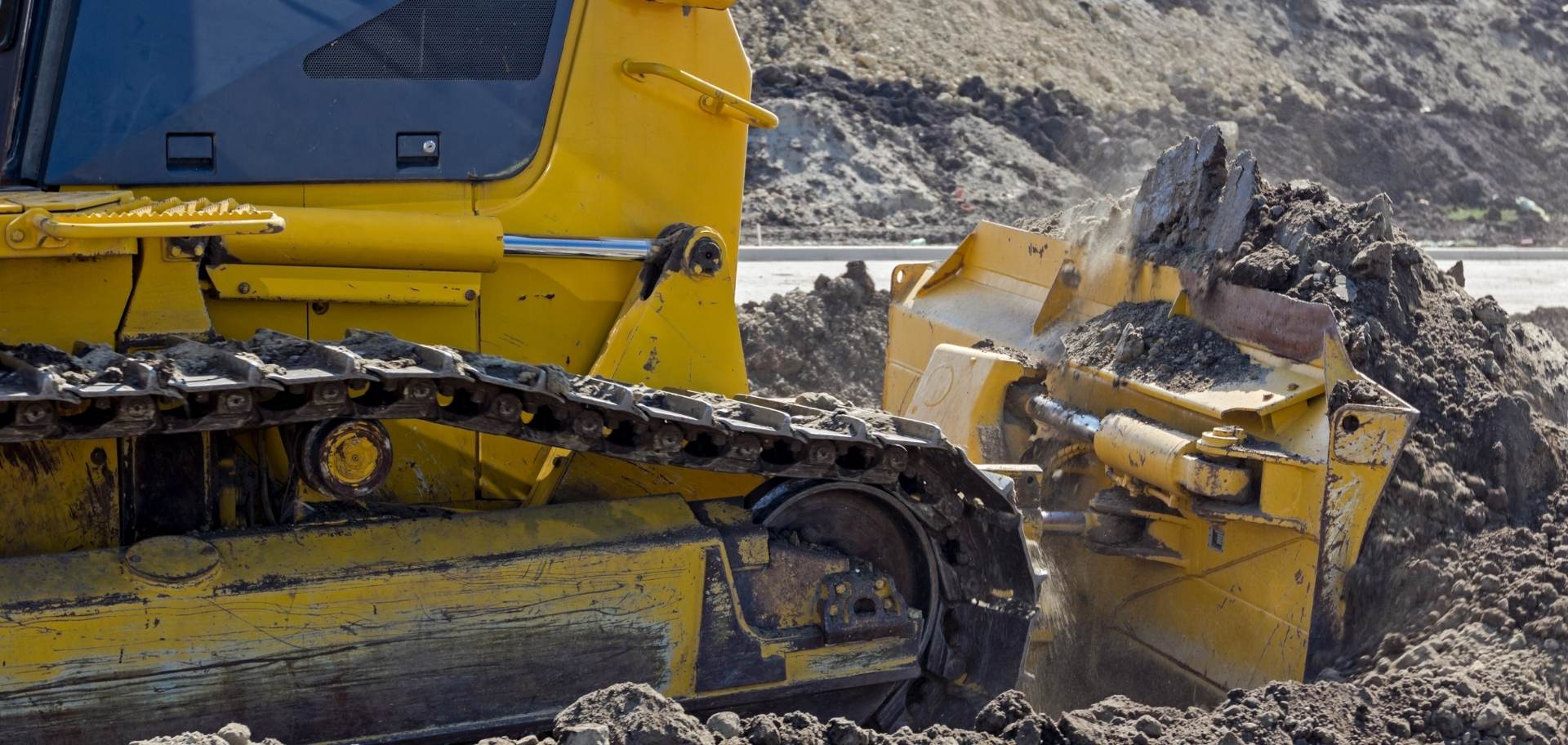In a nasty day for Barloworld punters, the share price fell 6.8%. I was very tempted to climb in after the initial loss in value as a result of the Russian invasion of Ukraine. I’m glad that I sat on my hands this time, forcing myself to wait. The share price closed at R97.34 yesterday, hardly any higher than the R95.08 closing price on 7 March.
The decrease was driven by the release of results for the six months ended 31 March 2022. Unlike many other companies, Barloworld has not elected to retreat from the Russian market. Although impairments have been recognised, Barloworld hasn’t given up on that business yet. The rest of the results look good actually, so I’m not entirely sure why the share price took such a knock. The likely culprit is probably the pressure on working capital.
The major exit planned at this stage relates to the car rental and leasing business, which Barloworld plans to unbundle to shareholders as no satisfactory offers have been received for the business. To put a positive spin on this game of corporate hot potato, at least the JSE looks set to get a new listing.
The car rental and leasing business (Avis) is now classified as a discontinued operation. Another nuance in the numbers is the normalisation adjustment related to the motor retail division, which is now equity accounted instead of recognised in each individual line on the income statement.
So, mentions of “continuing operations” and “normalised” numbers have nothing to do with Russia in this result!
The Russian business is actually performing extremely well under the circumstances, although trading is becoming difficult in the country and opportunities to grow the business are limited. Of course, a number of investors may choose to exit Barloworld for ethical reasons. To be fair to Barloworld, the company is “focused on addressing the needs of employees” at this time. An impairment of R1 billion has been recognised in relation to the Eurasia division.
With that out the way, I can now inform you that revenue from continuing operations increased by 13.6%. Operating margin from continuing operations improved by 100bps to 10.5%. Headline earnings per share (HEPS) from continuing operations increased by 197 cents to 447 cents and an ordinary dividend of 165 cents has been declared.
Delving into the segments, the equipment southern Africa division grew revenue by 7.7% thanks to machine sales and rentals. Equipment Eurasia grew revenue by 11.8%, driven by mining activity and aftermarket revenue in Russia. Mongolia came under revenue pressure from supply chain challenges on the border of Mongolia and China. Ingrain grew revenue by 45.7% but this is largely due to the prior period only having Ingrain for part of the year.
EBITDA margins increased slightly in the African and Eurasian businesses to 14.1% and 14.0% respectively. Ingrain suffered a drop in EBITDA margin of 300bps to 17.4%.
It’s also worth mentioning that trading conditions in Bartrac (the joint venture in the DRC) have improved, driving a substantial swing in profitability. Income from associates and joint ventures was R113 million in this period vs. a loss of R56 million the year before.
A drop in average net debt from R9.3 billion to R7.0 billion helped decrease net finance costs. Working capital came under considerable pressure though, with a cash outflow from operating activities of R1.9 billion vs. an inflow of R3.7 billion in the prior period. GBP68 million of this was attributed to a contribution to the UK pension scheme deficit.
The market has treated Barloworld as though the Russian businesses are practically worthless. With the group persevering in that country, this is an interesting play for those with higher risk appetite.




